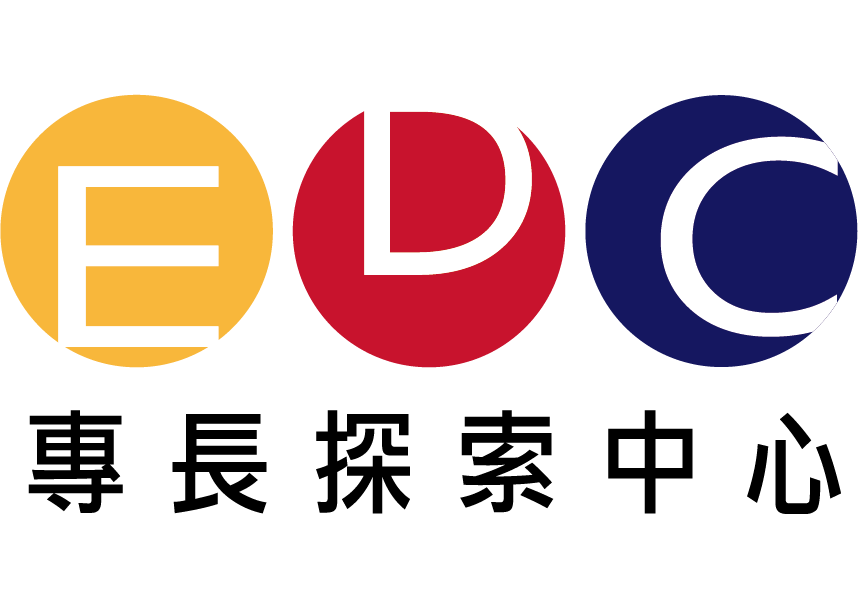AI News
Tecniche di Imaging per la Valutazione della Funzione Renale
Le tecniche di imaging moderno forniscono informazioni complementari alla valutazione biochimica della funzione renale, permettendo assessment morfologico, funzionale, e perfusionale dei reni che può essere particularly useful quando le stime basate su biomarker sono limitate o inconsistent con clinical suspicion.
L’integrazione di imaging techniques con evaluation biochimica come creatinina sierica fornisce comprehensive assessment che può guide clinical decisions più accuratamente, specialmente in complex cases dove traditional biomarkers possono be confounded by patient-specific factors.
Scintigrafia Renale per GFR Measurement
Nuclear medicine techniques utilizzando tracers come Tc-99m DTPA o Tc-99m MAG3 forniscono accurate measurements di GFR e renal plasma flow. Queste tecniche sono considered gold standard per GFR measurement quando accuracy è critical per clinical decisions.
Scintigrafia può anche assess differential renal function, identifying asymmetric dysfunction che potrebbe not be apparent da serum biomarkers. È particularly useful pre-operatively per donor evaluation o when considering unilateral interventions.
Contrast-Enhanced Imaging
CT e MRI con contrast agents possono provide functional information attraverso analysis di contrast kinetics nei reni. Newer techniques come perfusion imaging possono assess regional renal function e identify areas di reduced perfusion.
Tuttavia, contrast agents carry risk di contrast-induced nephropathy, particularly in patients con pre-existing renal dysfunction, requiring careful risk-benefit analysis before use in patients con reduced GFR.
Doppler Ultrasound Assessment
Renal Doppler ultrasound può assess renal perfusion attraverso measurement di resistive indices e peak systolic velocities. Elevated resistive indices possono indicate chronic renal disease o acute conditions affecting renal blood flow.
Ultrasound è non-invasive, readily available, e safe, making it valuable screening tool per structural abnormalities e perfusion assessment, particularly useful quando nephrotoxic contrast agents should be avoided.
Advanced MRI Techniques
Newer MRI techniques come diffusion-weighted imaging, BOLD (blood oxygen level-dependent) imaging, e arterial spin labeling possono assess renal function senza contrast agents, providing safe alternatives per patients con reduced GFR.
Questi techniques possono detect early renal dysfunction e monitor response a therapies, potentially providing more sensitive assessment than traditional biomarkers in certain clinical scenarios.
Integration di imaging data con biochemical markers represents promising approach per comprehensive renal assessment che può improve diagnostic accuracy e therapeutic monitoring in complex patients.
